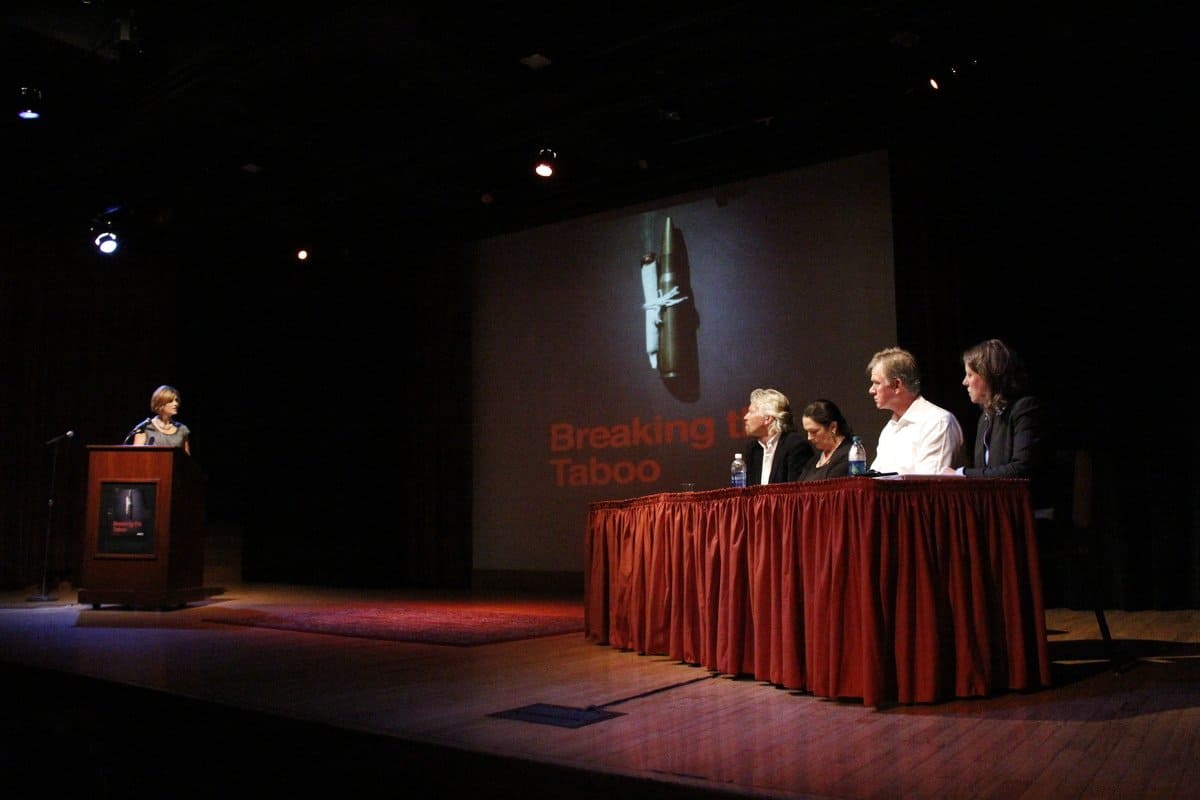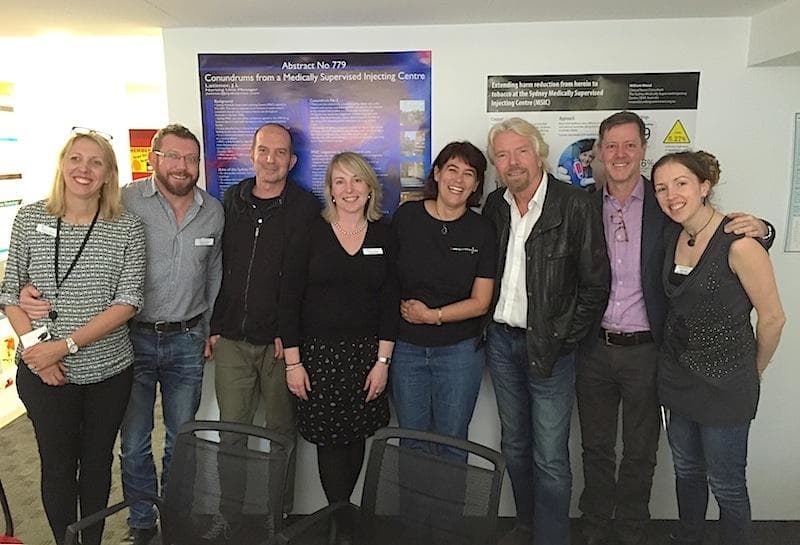Richard Branson: Ending The War on Drugs
Read original post on Virgin website
You’d think that after nearly five decades of failed policies, trillions wasted and thousands killed, the so-called War on Drugs (first declared by US President Nixon in the early 1970s) would give way to more sensible approaches that focus on helping people and reducing harm.
And while the UN – as the guardian of the global drug treaties that have led to so much suffering around the world – is embracing the reform reluctantly and at rather sluggish pace, there is now much greater experimentation at the national level, with very promising results.
In the US, where the relentless prosecution of drug offenders, most of them non-violent, has led to skyrocketing incarceration rates over the years, more and more states have been taking matters in their own hands – decriminalising or even legalising and regulating cannabis and pushing for a different law enforcement approach that recognises that most recreational drug use is without consequence, while those that struggle with addiction deserve both compassion and medical support.
In Uruguay, where parliament took the pioneering step of passing far-reaching reform legislation in 2013, pharmacies will start selling cannabis in July of this year, with tight controls on strength and supply. Likewise, Canada followed up on Justin Trudeau’s campaign promise and introduced its own legalisation policy in April.

In Europe, the idea of reducing harm has been part of the policy debate for decades, beginning with Switzerland’s progressive policies in the 1980s and Portugal’s complete decriminalisation of all drug possession for personal use in 2001. Now Ireland has become the latest country to introduce medically-supervised injection rooms just a few weeks ago.
It’s a fantastic move in the right direction that will most certainly reduce overdose deaths and minimise other health risks associated with unsafe consumption practices. Outside of Europe, such facilities only exist in Canada and to a very limited extent in Australia. I hope the idea will catch on in other places where the need is greatest.
Even the UK, where successive governments have shied away from meaningful reform, despite dramatic increases in overdose deaths in past years, local action is leading the way. Festival goers this summer will have access to testing facilities to check on the safety of the drugs they purchased, without fear of criminal sanctions. In the North East, Durham County’s Chief Constable Mike Barton should be applauded for deciding not to go after non-violent drug users, but also announcing in March that he will trial a heroin distribution programme for the roughly 2,000 people who use the drug in his jurisdiction.
australia drugs injecting centre MSIC richard branson

And yet, despite these encouraging developments, I am troubled by recent developments in the US, where Attorney-General Jeff Sessions has vowed to return to the dark ages of the drug war, instructing federal prosecutors to pursue the harshest possible sentences for drug offenders.
This irresponsible and reckless decision will do nothing to address America’s drug crisis. Instead it will place unmanageable burdens on law enforcement and the court system, once again swelling America’s prison population, which is already the highest in the world.
The Attorney-General’s move has rightly been met with bipartisan opposition, and I still have hope that the backlash from people with years of experience in the field will bring him to his senses.
richard_drugs_support_dont_punish.jpg
Of course, it doesn’t help when the tone from the top is equally disconcerting. I was shocked to read President Trump praised Rodrigo Duterte in a phone call for “doing an unbelievable job on the drug problem”.
What’s truly unbelievable is that Duterte has unleashed an unprecedented wave of extrajudicial murder that has so far led to an estimated 8,000 deaths in less than 12 months in Philippines. It’s a human rights violation of epic proportions, a killing spree so brutal and random that ordinary citizens fear for their lives, not knowing what it takes to end up in the government’s crosshairs.
Drug users lie rotting on the streets alongside the bodies of Duerte’s political opponents. How sad that the US President stands by and allows such atrocities to be committed with no recourse. Needless to say, Duterte’s war on drugs, too, will do absolutely nothing to curb the illegal drug trade in his country.
The damage is done; I wonder how much more evidence the world will need to recognise that business as usual is a deadly choice. Thankfully, Portugal, Uruguay, Canada, Ireland, Israel and others are rising to the challenge and proving that making drugs a health issue not a criminal problem is the only choice to be made.


